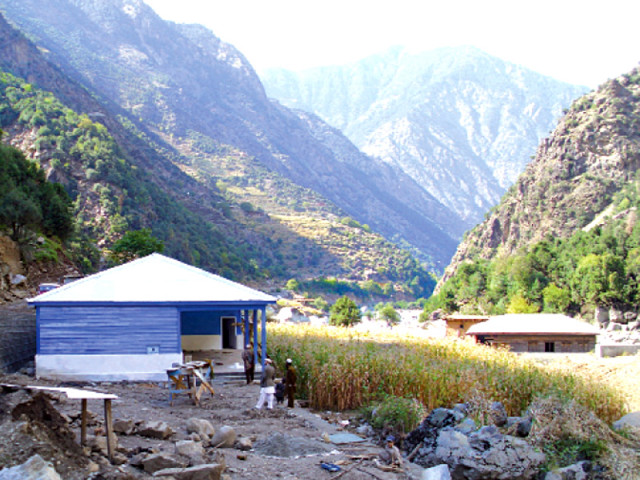
Former MNA Mehboobullah Jan told The Express Tribune he would head the 12-member jirga which has the support of G-B’s elders. According to Jan, the elders will begin meeting the warring sides—Kohistan’s Harban Bhasha tribe and G-B’s Thordas tribe—to work out an amicable solution acceptable to both.

Jan said the jirga would also review land and revenue records of both regions to settle the matter once and for all.
The two tribes have had a long-standing dispute over the ownership of an eight-kilometre strip of land which separates Kohistan and G-B at Basri check post, and was declared by the government as land acquired for Diamer-Bhasha Dam.
Whose land is it anyway?
In 2006, the G-B government set up a check post on the Karakoram Highway near Basri which sparked tension between both sides they lay claim to the land. The differences deepened further over time and minor skirmishes over the grazing of goats were often reported.
In December 2013, the tribes blocked the Karakoram Highway for four consecutive days, suspending traffic on the only land route between G-B and the rest of the country.
The road was reopened on the condition that the government would deploy military or paramilitary troops to man the disputed strip till a decision is reached.
The matter remained unresolved and in March this year a shoot-out between the tribes led to the death of six people and left more than 11 others injured. Following this, a jirga headed by Haji Wakeel from G-B and Haji Sher Ghazi from Kohistan managed to establish a ceasefire between the tribes till October 10 and urged them to refrain from another armed conflict. However, a mutually agreed compromise could not be reached and therefore the ceasefire came to an end.
Both sides began monitoring each other’s movements but have so far avoided attacking first and rely on criticising the provincial and federal governments for using delaying tactics in resolving the issue.
Last month, the federal government had announced a judicial commission which would ascertain the ownership of the disputed land. However, according to official sources, the commission has not yet started its work.
Published in The Express Tribune, November 1st, 2014.

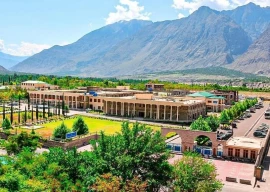

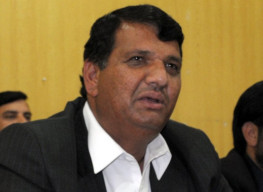
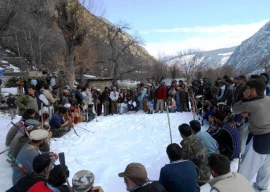


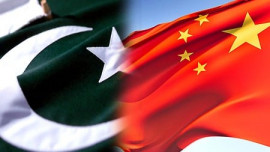
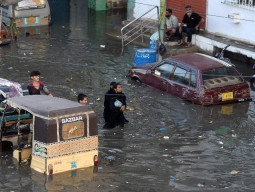









COMMENTS
Comments are moderated and generally will be posted if they are on-topic and not abusive.
For more information, please see our Comments FAQ